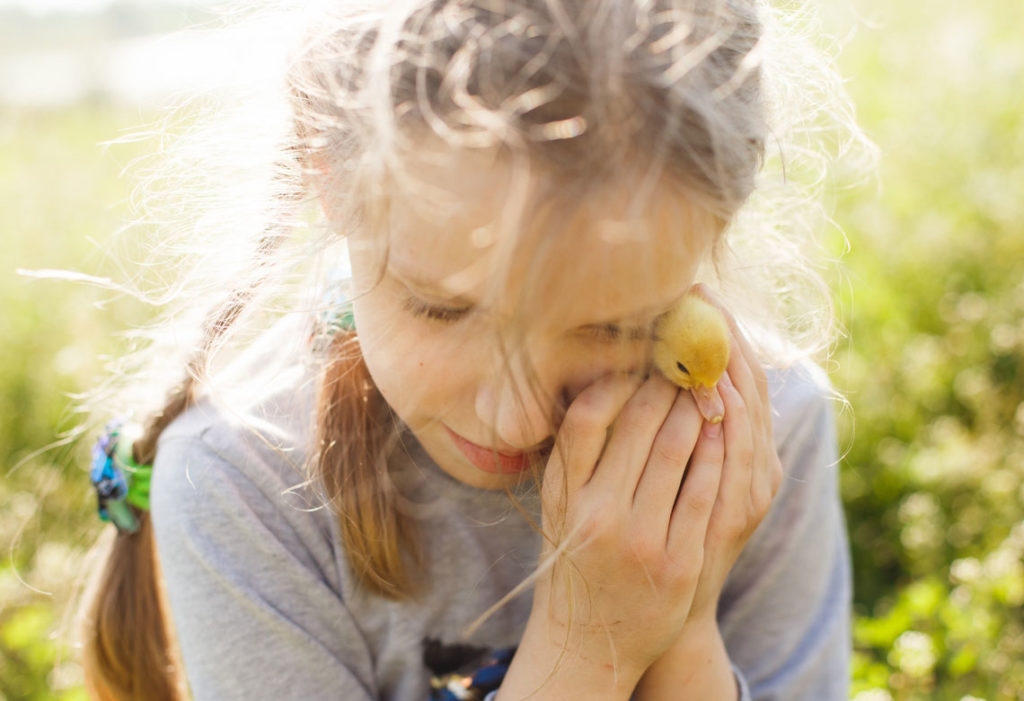
Divorce is a difficult process for a family to go through and many parents will be concerned about the effect it will have on their children.
Initially you may have asked yourselves, ‘Should we stay together for our children?’, but sometimes divorce is the only option – and that’s okay.
The conventional belief that children are always severely harmed by divorce is untrue. Children are more affected by the situations that occur around divorce than they are by divorce itself.
This can include witnessing conflict, financial insecurity and loss of time spent with each parent. These are all circumstances that you can try to protect your children from.
Divorce is an ongoing process which affects all children differently; some will be more resilient, overcoming the effects quickly, while others will take more time to adjust. However, it’s important to remember that you can take steps to protect your child from the negative impacts of divorce and separation.
How might children be affected by parental divorce/separation?
Divorce and separation is stressful for children and adolescents, which can impact on both their physical and mental health. For example, some research has shown that children coping with a parental separation can be at an increased risk of physical illness.
Witnessing high levels of conflict between parents during a divorce can make it more difficult for children to adapt. Children’s school performance can also be impacted during a divorce/ separation.
Toddlers may show signs of separation anxiety and can have difficulty with toileting, sleeping, eating and language development.
Preschool-aged children may become more demanding and defiant, and they may struggle to understand the permanence of divorce/separation.
For school-aged children, self-blame and fantasizing about the reunion of the parents is common. At this age, children may feel angry or abandoned and you may notice a decline in their school performance.
Teenagers are more capable of understanding the complex issues which lead to a divorce/separation, however they will still be affected. They may blame one or both parents for the separation.
Aggression, substance misuse, low self-esteem and withdrawal from schoolwork are all frequent affects that parents should watch out for.
What can you do as a parent to support & help your children?
- Prevent your children from witnessing conflict or feeling caught in the middle. Make a conscious effort not to talk badly about your ex-partner when your children are around or to involve your child in any arguments you may be having.
- Don’t make your child choose sides. This type of behaviour can weaken the relationship between you and your child, and impacts your child’s ability to adjust emotionally.
- Cooperation between you and your ex-partner is vital. If possible, take a shared parenting approach; this allows children to have a meaningful relationship with both their parents which in turn supports their emotional well-being.
- The quality of your parenting can have a protective effect on your child’s mental health during a divorce/separation. Research has shown that this effect is particularly strong when it comes to the quality of parenting in the non-resident parent. So make time to strengthen your relationship with your child by spending quality time together and make space for your ex-partner to do the same.
- Try to minimize other changes in your child’s life, particularly in the first and second year following a divorce/separation. This might include waiting a couple of years before introducing children to new partners and before considering re-marriage.
Additional considerations, supports and resources
Rainbows Ireland is a voluntary service which offers free support programmes to help children and young people cope following parental separation and divorce.
Divorce is not only an adjustment for children, it is also an adjustment for parents.
Even though you maybe be sharing parenting duties with your ex-partner, it can often feel like you are a single parent. It’s important to take care of yourself so that you can be a better parent to your children. Self-care tips for single parents can be found here.
TUSLA and Barnardos provide free eBooks, which guide parents through coping with a separation.
If you are struggling, don’t be afraid to reach out and talk to someone.
Helpful Contacts
- One Family (supporting one-parent families in Ireland) www.onefamily.ie/
- Samaritans (24 hour confidential emotional support for people experiencing feelings of distress or despair) Tel: 116 123 www.samaritans.org
- Parentline Tel: 1890 927 277 www.parentline.ie
- Money Advice and Budgeting Service (MABS) Tel: 0761 07200 www.mabs.ie
- Barnardos Tel: 01 454 9699 www.barnardos.ie
- Treoir (National information service for one parent families) Tel: 01 670 0120 www.treoir.ie
- Women’s Aid Tel: 1800 341 900 www.womensaid.ie
- Men’s Aid (Advice for male victims of domestic abuse) Tel: 01 5543811 www.mensaid.ie
Written by Catherine O’Sullivan (Childline Volunteer)
